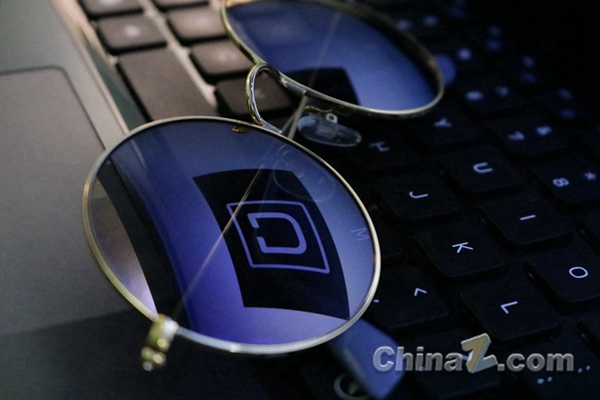Uber is extending the tentacles to the field of artificial intelligence, using its existing zero -working model to provide data labeling services for rapidly growing machine learning and large language models. This strategic measure not only meets the AI industry's demand for a large amount of data, but also has opened up a new profit model for Uber. Through its new department "Scaled Solutions", Uber connects enterprises and a large number of independent contractors from all over the world to provide services such as data labeling, testing and localization, covering multiple AI application scenarios from autonomous driving to chat robots. This business not only brings new sources of income for Uber, but also reflects the huge dependence on human resources in the AI industry.
According to reports, Uber is recruiting staff in many countries around the world. The payment methods are flexible and diverse, and pay attention to recruiting talents with different cultural backgrounds to improve the global adaptability of the AI model. Although Uber had previously suffered setbacks in the field of autonomous driving, this did not prevent him from entering the field of artificial intelligence. This time, entering the AI labeling field, it shows Uber's flexibility and perspective in business model innovation and technical application, and it is worthy of continuous attention to its subsequent development.
According to Bloomberg, Uber is marking the industry through recruitment of zero -employed work. This measure shows that Uber hopes to use its business model to rely on independent contractors to meet the needs of rapidly growing machine learning and large language models.

Uber's new department "SCALED SOUTIONS" claims that it can connect enterprises with "meticulous analysts, testers and independent data operators" through its platform. This is the extension of Uber internal teams. The team members are mainly located in the United States and India. They are responsible for new functional testing and converting restaurant menu into tasks such as Uber Eats selection.
Uber has previously applied artificial intelligence and machine learning in its own business, and now it has decided to provide these technologies to other companies by charging. The company is recruiting zero employment for many companies including Aurora, Luma AI, and Niantic, and is responsible for data labeling, testing and localization.
An important behind -the -scenes reality of the AI model training is that it requires a lot of manpower to complete the tedious tasks such as choosing the most natural chat robot to answer human beings, or marking pedestrians in the autonomous car lens. In order to complete these tasks, many AI model development companies usually hire workers from developing countries and pay relatively less compensation. A Indian engineer told Bloomberg that they were required to compare and score the AI generating answers to complex coding questions. The reward in each group was 200 Indian rupees, which was about $ 2.37.
At present, Uber is recruiting staff in many countries around the world, including Canada, India, Poland, Nicaragua, and the United States. It pays different compensation according to the task, and the salary will be paid monthly. In addition, Uber is also looking for people with different cultural backgrounds to help AI more adaptable in various markets.
It is worth mentioning that this is not the first time that Uber has been involved in the field of artificial intelligence. The company has invested heavily in developing independent vehicles, but closed the entire project after a vehicle caused by a vehicle. In 2016, Uber also acquired an AI research laboratory founded by cognitive scientists Gary Marcus and other computer science professors.
Points:
Uber is using zero to enter the AI labeling business to meet the needs of machine learning and large language models.
The company recruits zero jobs for a number of enterprises, responsible for data labeling, testing and localization, and pays different compensation.
练 AI model training relies on a large number of manpower to complete tedious tasks, and Uber recruits workers around the world to improve AI adaptability.
All in all, Uber entered the field of AI data labeling, and made full use of its platform advantages and global zero -industrial networks to provide human support for the development of the AI industry, but also opened up a new profit space for itself. This reflects the urgent needs of massive high -quality data in the AI industry, and the trend of actively exploring technology companies in technology companies.